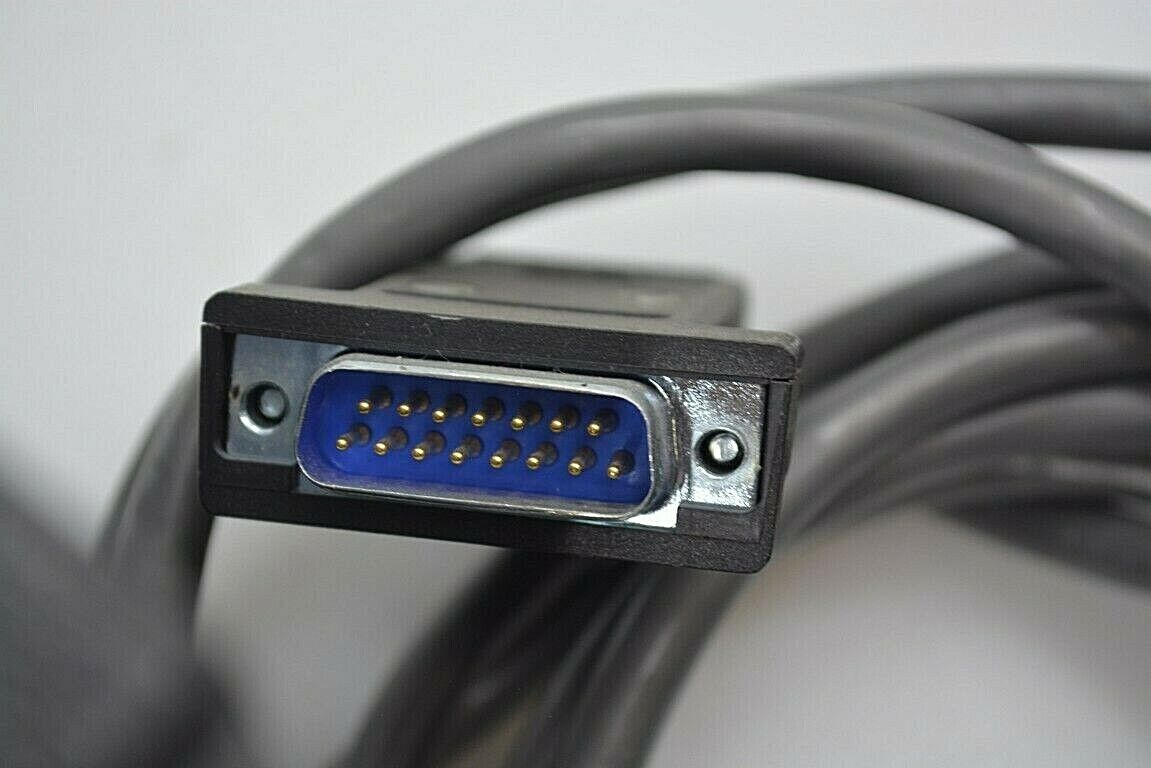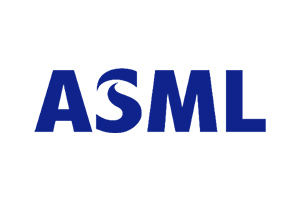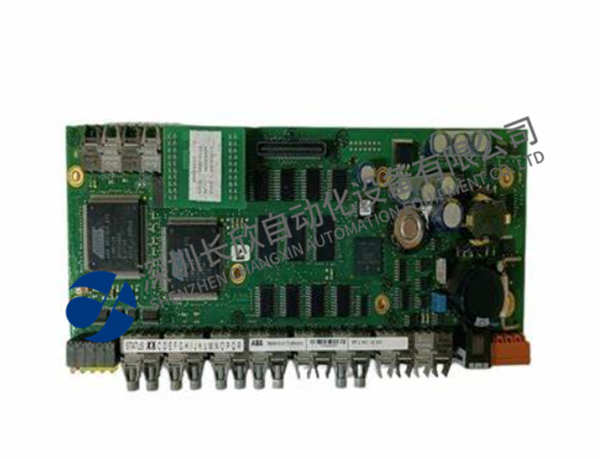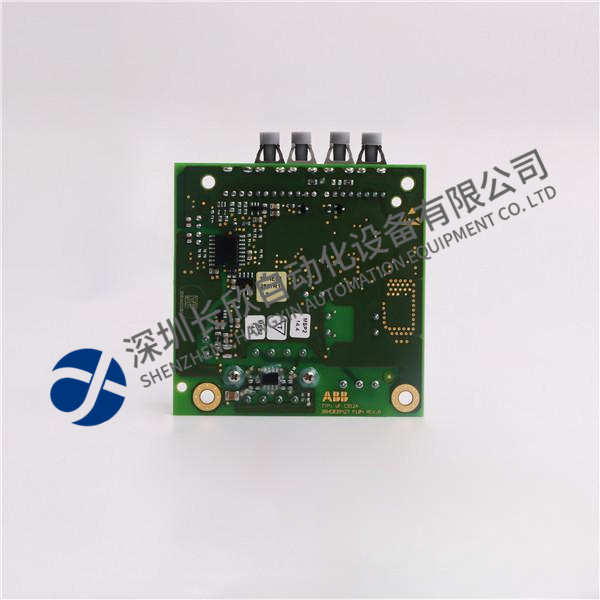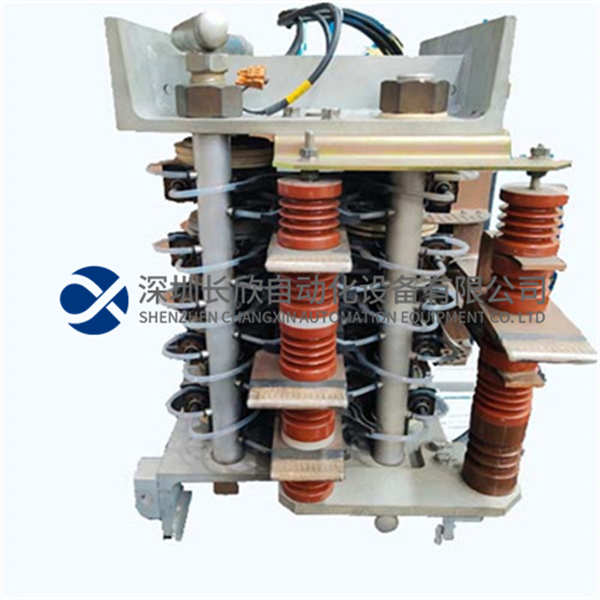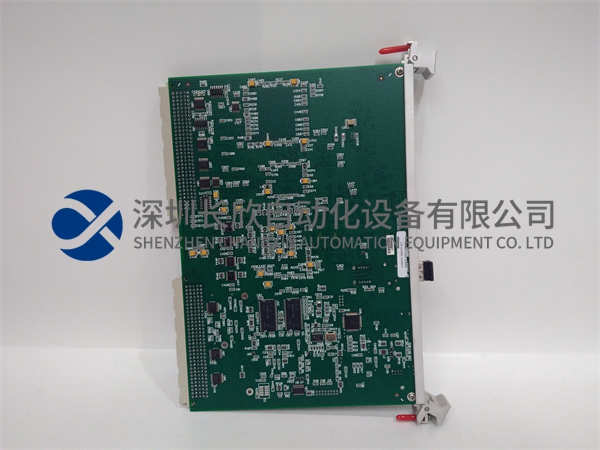描述
产品简要说明
ASML ENTERPRISE 610是ASML为High NA EUV光刻机设计的全流程集成平台,专为3nm及以下制程提供从曝光到检测的全链路优化。其核心功能包括:
智能曝光控制:支持0.55 NA EUV光束动态调制,曝光均匀性误差≤0.005%。
实时缺陷检测:结合AI算法实现晶圆缺陷在线识别,检测灵敏度达0.1nm级。
多机协同调度:支持多台EUV光刻机的产能动态分配,吞吐量提升25%。
产品详细说明
1.系统架构与功能模块
光刻流程集成:
曝光控制单元:基于量子反馈的光束调制系统,支持±0.01nm波前校正。
晶圆处理模块:真空传输时间≤1.2秒,表面洁净度达Class 1。
数据分析引擎:
实时数据流处理:每秒处理1TB光刻数据,延迟<1ms。
AI驱动优化:机器学习模型预测良率趋势,准确率≥99.9%。
2.核心技术创新
High NA光路优化:
自适应透镜组:支持0.33 NA到0.55 NA动态切换,转换时间≤30秒。
纳米级对准系统:晶圆对准精度≤0.003nm,重复性≤0.001nm。
缺陷检测突破:
多模态传感阵列:结合EUV、电子束与光学检测,覆盖缺陷尺寸0.1-100nm。
异常模式识别:基于Transformer架构的缺陷分类准确率≥98%。
3.极端环境适配
真空与热管理:
工作真空度:1e-8 Pa,漏率≤1e-11 Pa·m³/s。
热应力控制:晶圆温度波动≤0.005℃,机械应力补偿效率≥99.99%。
辐射防护:
EUV辐射屏蔽效率≥99.999%,中子吸收率≥99.99%。
技术规格:ASML ENTERPRISE 610
参数项规格描述
曝光均匀性≤0.005%(3σ)
缺陷检测灵敏度0.1nm级缺陷识别率≥99%
吞吐量≥220片/小时(300mm晶圆)
核心价值与性能亮点
1.制程突破
3nm良率提升:智能曝光控制使关键层缺陷密度降低至0.05缺陷/cm²,良率提升≥35%。
多机协同优势:产能动态调度使产线利用率从75%提升至92%。
2.全生命周期成本优化
低维护需求:自适应透镜组寿命≥10年,维护周期≥8000小时。
能耗节省:AI算法优化后年电费节省$50,000。
应对挑战,创造价值
1.High NA光束稳定性难题
技术突破:量子反馈控制+动态波前校正,光束漂移速率≤0.0005nm/min。
应用案例:某3nm逻辑芯片厂部署后,曝光偏移标准差降低60%。
2.多模态数据融合冲突
技术突破:异构数据融合架构+边缘计算,分析延迟降低90%。
应用案例:某存储芯片厂缺陷检出效率提升4倍,产能突破25万片/月。
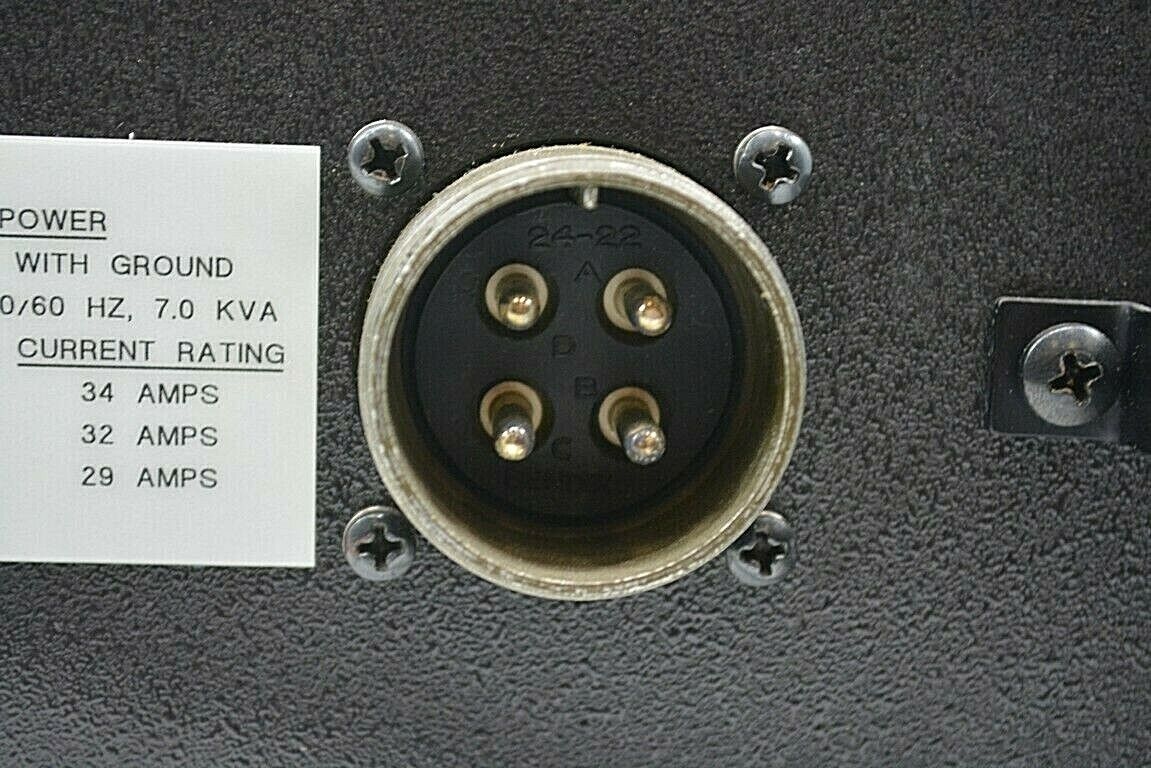
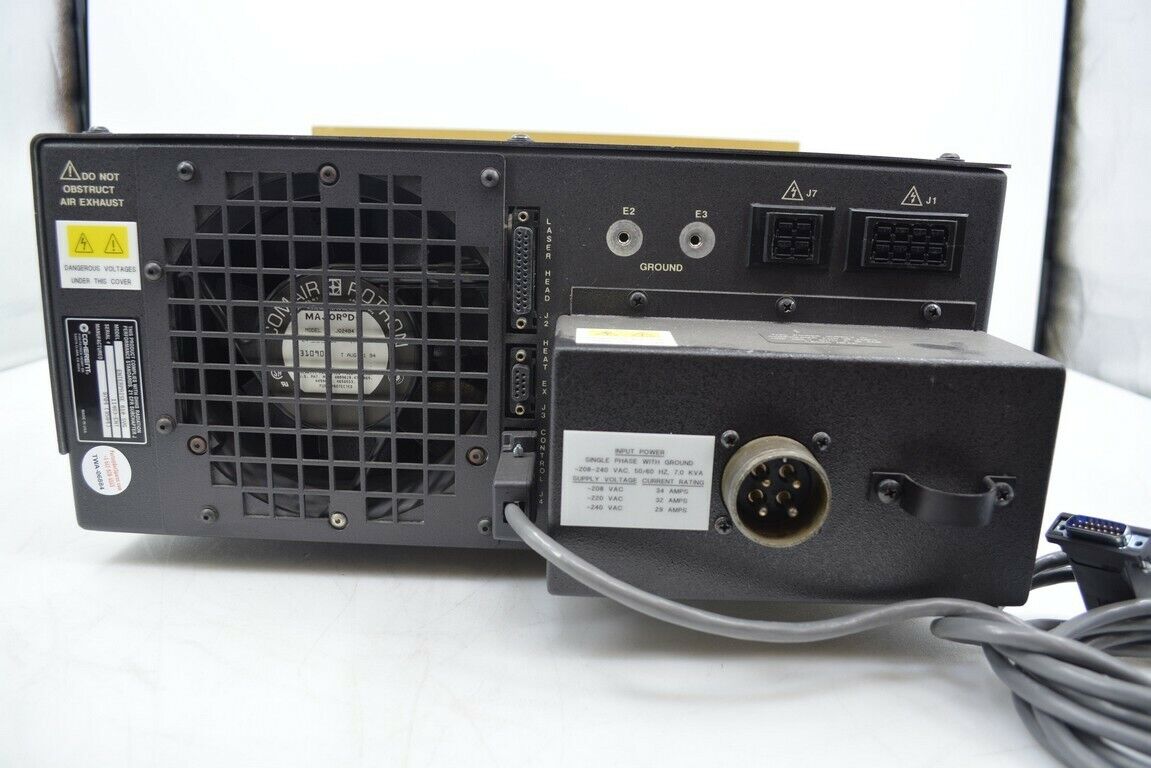
Product brief description
ASML ENTERPRISE 610 is a full-process integrated platform designed by ASML for High NA EUV lithography machines,and is designed to provide full-link optimization from exposure to detection for processes below 3nm and below.Its core functions include:
Intelligent exposure control:supports dynamic modulation of 0.55 NA EUV beam,and the exposure uniformity error is≤0.005%.
Real-time defect detection:combines AI algorithm to realize online identification of wafer defects,with detection sensitivity up to 0.1nm level.
Multi-machine collaborative scheduling:supports dynamic allocation of production capacity of multiple EUV lithography machines,and the throughput is increased by 25%.
Product details
1.System architecture and functional modules
Lithography process integration:
Exposure control unit:a beam modulation system based on quantum feedback,supporting±0.01nm wavefront correction.
Wafer processing module:vacuum transfer time≤1.2 seconds,surface cleanliness up to Class 1.
Data analysis engine:
Real-time data stream processing:Process 1TB of lithographic data per second,with a delay of<1ms.
AI-driven optimization:machine learning models predict yield trends,with an accuracy rate of≥99.9%.
2.Core technology innovation
High NA optical path optimization:
Adaptive lens group:supports dynamic switching between 0.33 NA and 0.55 NA,and the conversion time is≤30 seconds.
Nano-scale alignment system:wafer alignment accuracy≤0.003nm,repeatability≤0.001nm.
Defect detection breakthrough:
Multimodal sensing array:Combined with EUV,electron beam and optical detection,the coverage defect size is 0.1-100nm.
Exception pattern recognition:The accuracy of defect classification based on Transformer architecture is≥98%.
3.Extreme environment adaptation
Vacuum and thermal management:
Working vacuum degree:1e-8 Pa,leakage rate≤1e-11 Pa·m³/s.
Thermal stress control:wafer temperature fluctuation is≤0.005℃,and mechanical stress compensation efficiency is≥99.99%.
Radiation protection:
EUV radiation shielding efficiency is≥99.999%,and neutron absorption rate is≥99.99%.
Technical Specifications:ASML ENTERPRISE 610
Parameters Specification Description
Exposure uniformity≤0.005%(3σ)
Defect detection sensitivity:0.1nm level defect recognition rate≥99%
Throughput≥220 pieces/hour(300mm wafer)
Core Valuesand Performance Highlights
1.Process breakthrough
3nm yield improvement:Intelligent exposure control reduces the defect density of key layers to 0.05 defect/cm²,and the yield improvement is≥35%.
Advantages of multi-machine collaboration:Dynamic capacity scheduling has increased the utilization rate of production line from 75%to 92%.
2.Full life cycle cost optimization
Low maintenance requirements:The life of the adaptive lens group is≥10 years,and the maintenance period is≥8000 hours.
Energy Consumption Savings:Save$50,000 in annual electricity bill after optimization of AI algorithms.
Respond to challenges and create value
1.High NA beam stability puzzle
Technical breakthrough:quantum feedback control+dynamic wavefront correction,beam drift rate≤0.0005nm/min.
Application case:After the deployment of a 3nm logic chip factory,the standard deviation of exposure offset is reduced by 60%.
2.Multimodal data fusion conflict
Technical breakthrough:heterogeneous data fusion architecture+edge computing,analytical latency is reduced by 90%.
Application case:The defect detection efficiency of a memory chip factory has increased by 4 times,and the production capacity has exceeded 250,000 pieces per month.

